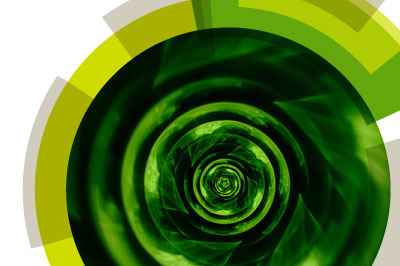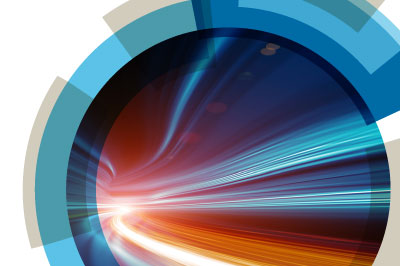This event and waiting list are now full.
Catalysis is a core area of contemporary science posing major fundamental and conceptual challenges, while being at the heart of the chemical industry. It is a major theme in chemical sciences and engineering that underlies much of the key research and teaching in these subjects.
At this discussion, we will bring the catalysis community together to discuss the theme of designing new heterogeneous catalysts. Catalysis plays a crucial part in the production of 80% of all manufactured goods. We will explore the modern methods used to design new catalysts and how the approaches can bridge across the disciplines of physical sciences and chemical engineering
Faraday Discussions have a special format where research papers written by the speakers are distributed to all participants before the meeting, and most of the meeting is devoted to discussing the papers. Everyone contributes to the discussion - including presenting their own relevant research. The research papers and a record of the discussion are published in the journal Faraday Discussions.
Poster Prize Winners
Ross Griffin, University of Birmingham, UK
Neil Robinson, University of Cambridge, UK
Catalysis is a core area of contemporary science posing major fundamental and conceptual challenges, while being at the heart of the chemical industry. It is a major theme in chemical sciences and engineering that underlies much of the key research and teaching in these subjects.
At this discussion, we will bring the catalysis community together to discuss the theme of designing new heterogeneous catalysts. Catalysis plays a crucial part in the production of 80% of all manufactured goods. We will explore the modern methods used to design new catalysts and how the approaches can bridge across the disciplines of physical sciences and chemical engineering
Themes
- Catalyst design from theory to practice
- Designing new catalysts: synthesis of new active structures
- Bridging model and real catalysts
- Application of novel catalysts
Aims
The aim of this discussion meeting is to develop fundamental understanding of key aspects of catalytic science, especially relating to, catalyst preparation and production, the determination of atomic-architectures of active, reactive and de-activated catalysts and the modelling of the active site in catalysis - knowledge which is essential for the design of new catalysts.Format
The Faraday Division have been organising high impact Faraday Discussions in rapidly developing areas of physical chemistry and its interfaces with other scientific disciplines for over 100 years.Faraday Discussions have a special format where research papers written by the speakers are distributed to all participants before the meeting, and most of the meeting is devoted to discussing the papers. Everyone contributes to the discussion - including presenting their own relevant research. The research papers and a record of the discussion are published in the journal Faraday Discussions.
Poster Prize Winners
Ross Griffin, University of Birmingham, UK
Neil Robinson, University of Cambridge, UK
Useful links
- Frequently Asked Questions Questions about the format of the discussion
- E issue of Discussion Volume
Downloads
- Programme
- Preprints: Session 1 - Designing new catalysts: synthesis of new active structures
- Preprints: Session 2 - Catalyst design from theory to practice
- Preprints: Session 3 - Bridging model and real catalysts
- Preprints: Session 4 - Application of novel catalysts










